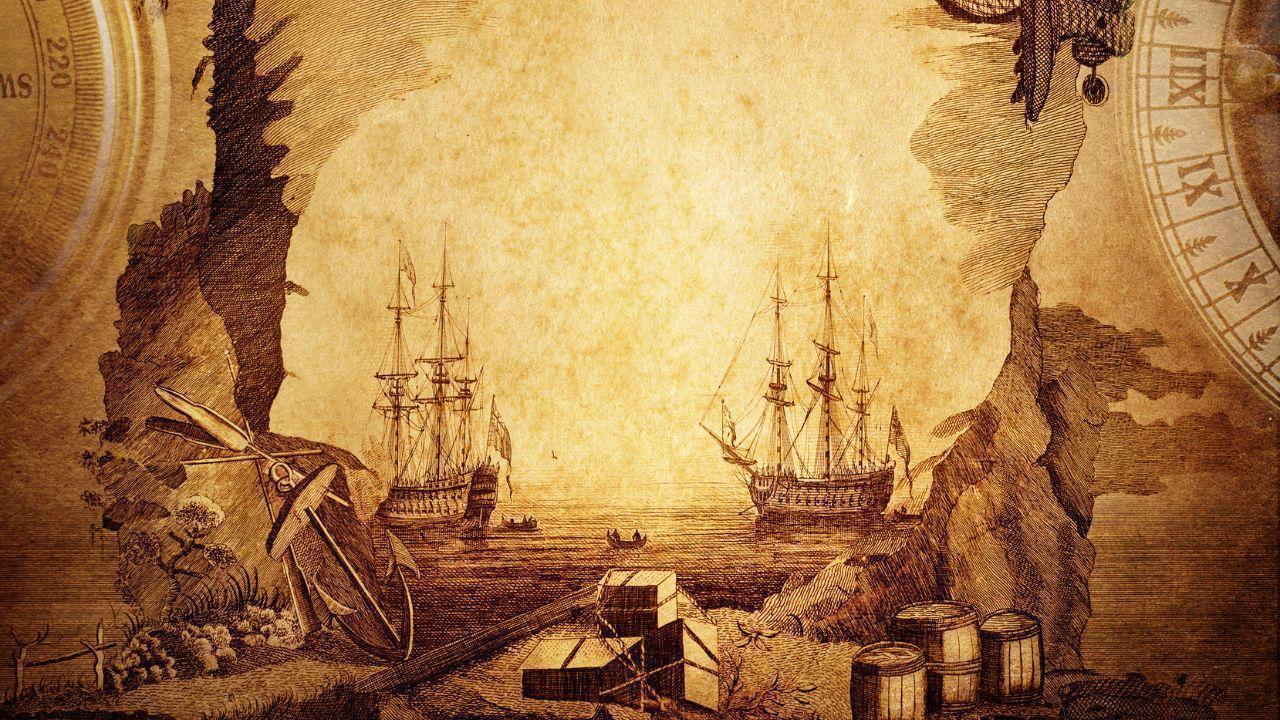
Over the last century, modern history transformed society in ways that were once unimaginable. From revolutionary advancements in technology to major shifts in culture, politics, and social dynamics, these changes have shaped the world we live in today. By looking at key events, innovations, and movements, we can see how modern history has left an indelible mark on every aspect of human life, reshaping the global landscape and our daily experiences.
One of the most profound ways modern history transformed society is through the rise of technology. In the early 20th century, the world saw the birth of groundbreaking inventions like the automobile, the telephone, and electricity. These innovations began to change the way people lived and worked, bringing about a level of convenience and connectivity never before experienced.
Fast forward to today, and technology has continued its rapid advancement. The advent of the internet, the personal computer, and mobile devices has revolutionized how we communicate, access information, and even do business. For example, the rise of social media and digital communication has made the world feel smaller, connecting people across continents in real time. This has had far-reaching implications for everything from politics to entertainment, shaping public opinion, and fostering new forms of social engagement.
Another critical factor in how modern history transformed society is the two world wars that ravaged the globe in the 20th century. These wars not only caused untold human suffering but also changed the global power structure forever. Following World War I and World War II, the political landscape shifted, leading to the decline of old empires and the rise of new superpowers, such as the United States and the Soviet Union.
In addition to altering political power dynamics, the world wars also prompted significant changes in social norms. Women, who had traditionally been confined to domestic roles, entered the workforce in greater numbers during the wars, paving the way for future gender equality movements. The wars also led to the establishment of international organizations like the United Nations, aimed at preventing future conflicts and fostering global cooperation.
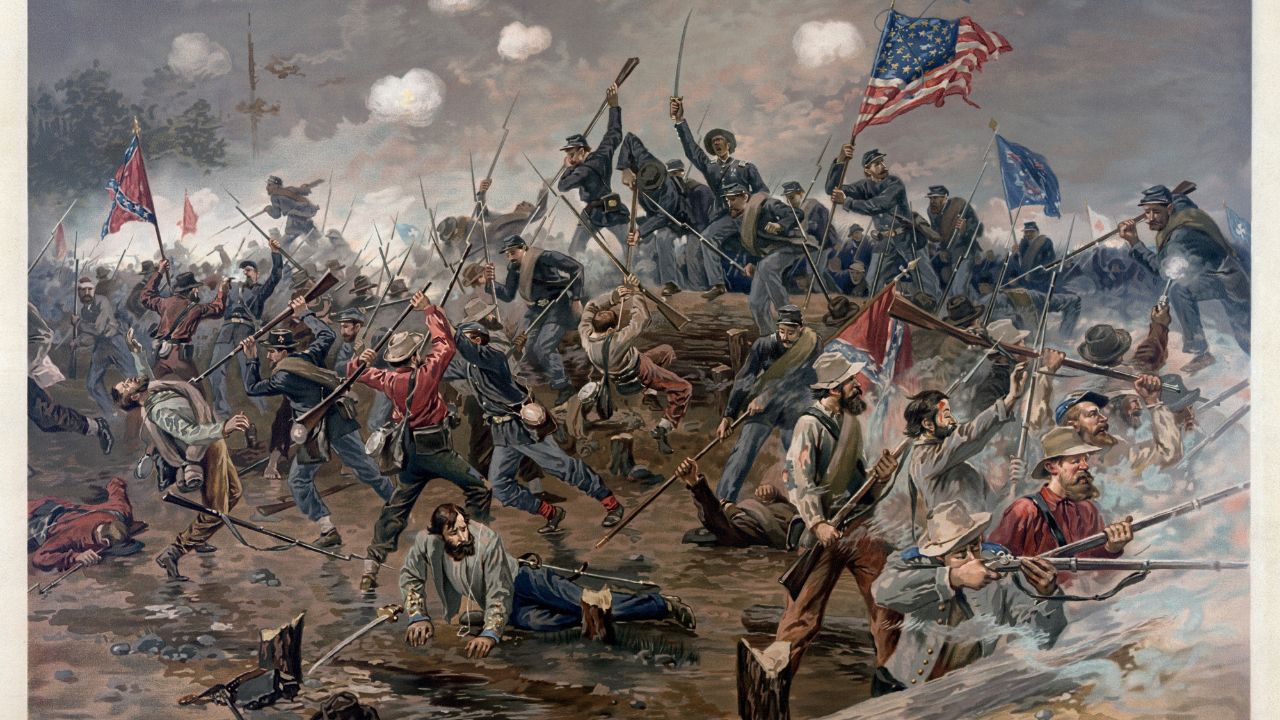
Over the last century, modern history transformed society in terms of human rights and social justice. The 20th century was a period marked by powerful movements advocating for racial, gender, and civil rights across the globe. In the United States, the Civil Rights Movement of the 1960s fought against racial segregation and discrimination, leading to the landmark Civil Rights Act of 1964. Similarly, the women’s suffrage movement saw women gaining the right to vote in many countries, changing the political landscape forever.
These social changes were not limited to the West. In countries around the world, including India, South Africa, and Latin America, people rose up against colonialism and oppression. The end of apartheid in South Africa and India’s struggle for independence from British rule were pivotal moments in how modern history transformed society, contributing to the idea of equality and freedom that continues to shape social policies today.
The global economy has undergone dramatic transformations over the past century, altering how societies operate on both a local and international level. In the early 1900s, most economies were agrarian, with agriculture being the main source of livelihood for the majority of the population. However, the rise of industrialization shifted economic activity towards manufacturing, resulting in rapid urbanization as people moved to cities for work.
In the latter part of the century, technological advances brought about the digital revolution, further altering the economic landscape. Automation, artificial intelligence, and robotics are now reshaping industries, from manufacturing to healthcare. The gig economy, which relies on flexible, short-term jobs, has also become a key feature of modern employment.
These economic shifts have created new opportunities but have also posed challenges, such as income inequality and job displacement due to automation. Nonetheless, these transformations have created a society where economic power is often measured not by land or resources but by knowledge and technological capability.
As modern history transformed society, it also played a significant role in the spread of culture and ideas. The rise of mass media in the 20th century, particularly television and radio, brought cultural shifts that were previously unimaginable. People from different parts of the world were suddenly exposed to new ideas, fashion trends, music, and ways of life. This led to a cultural exchange that broke down traditional barriers and created a more interconnected global society.
In the 21st century, the internet has only accelerated this process. Through platforms like YouTube, Instagram, and TikTok, people can share their cultures, stories, and creative expressions with a global audience. This has resulted in the blending of cultures, with influences from different parts of the world merging in ways that shape everything from food to fashion to music.
In recent decades, another key transformation driven by modern history has been the growing awareness of environmental issues. As industrialization and urbanization have taken hold, environmental degradation has become a global concern. Climate change, pollution, and deforestation are some of the urgent issues that have led to movements advocating for sustainability and environmental protection.
Governments, businesses, and individuals are now more aware than ever of the need to protect the planet for future generations. Policies aimed at reducing carbon emissions, increasing the use of renewable energy, and promoting sustainable practices are reshaping industries and driving innovation. This shift towards sustainability is not only an environmental necessity but also an economic opportunity, as green technologies and industries continue to grow.
Over the last century, how modern history transformed society has been incredible. How modern history transformed society brought many changes, like new technology, new ways of working, and new ways of living. These changes helped people connect better and live easier lives. How modern history transformed society also means that big events, like the world wars, changed the way countries worked together. Many people fought for freedom and rights, and today, we live in a world that is more equal because of their efforts. How modern history transformed society also shows us how our world is connected now, with people from different countries sharing ideas and cultures easily. Over time, many people have worked together to protect the environment, and this is another example of how modern history transformed society. Today, we see that all these changes have made the world very different from the past. How modern history transformed society will keep changing, and the future will bring even more exciting changes.
Disclaimer: This article is brought to you by dxb news network.
Modern history, Transformed society, Technological advancements, Cultural shifts, World wars, Civil rights movements, Economic shifts, Globalization, Social justice, Environmental challenges, Political changes, Industrial revolution, Digital revolution, Human rights, Cultural exchange, Global power structure, Social norms, Gender equality, Climate change, Sustainability
#trending #latest #ModernHistory #TransformedSociety #TechnologicalAdvancements #CulturalShifts #WorldWars #CivilRightsMovements #EconomicShifts #Globalization #SocialJustice #EnvironmentalChallenges #PoliticalChanges #IndustrialRevolution #DigitalRevolution #HumanRights #CulturalExchange #GlobalPowerStructure #SocialNorms #GenderEquality #ClimateChange #Sustainability #breakingnews #worldnews #headlines #topstories #globalUpdate #dxbnewsnetwork #dxbnews #dxbdnn #dxbnewsnetworkdnn #bestnewschanneldubai #bestnewschannelUAE #bestnewschannelabudhabi #bestnewschannelajman #bestnewschannelofdubai #popularnewschanneldubai

Tech Innovations shaping 2025 to Transform How We Live and Work...Read More.

AI and automation are transforming jobs, boosting efficiency...Read More.
 Michelle Trachtenberg, Buffy the Vampire Slayer Star, Passes Away
Michelle Trachtenberg, Buffy the Vampire Slayer Star, Passes Away
Michelle Trachtenberg, known for Buffy the Vampire Slayer and Gossip Girl, has passed away at 39
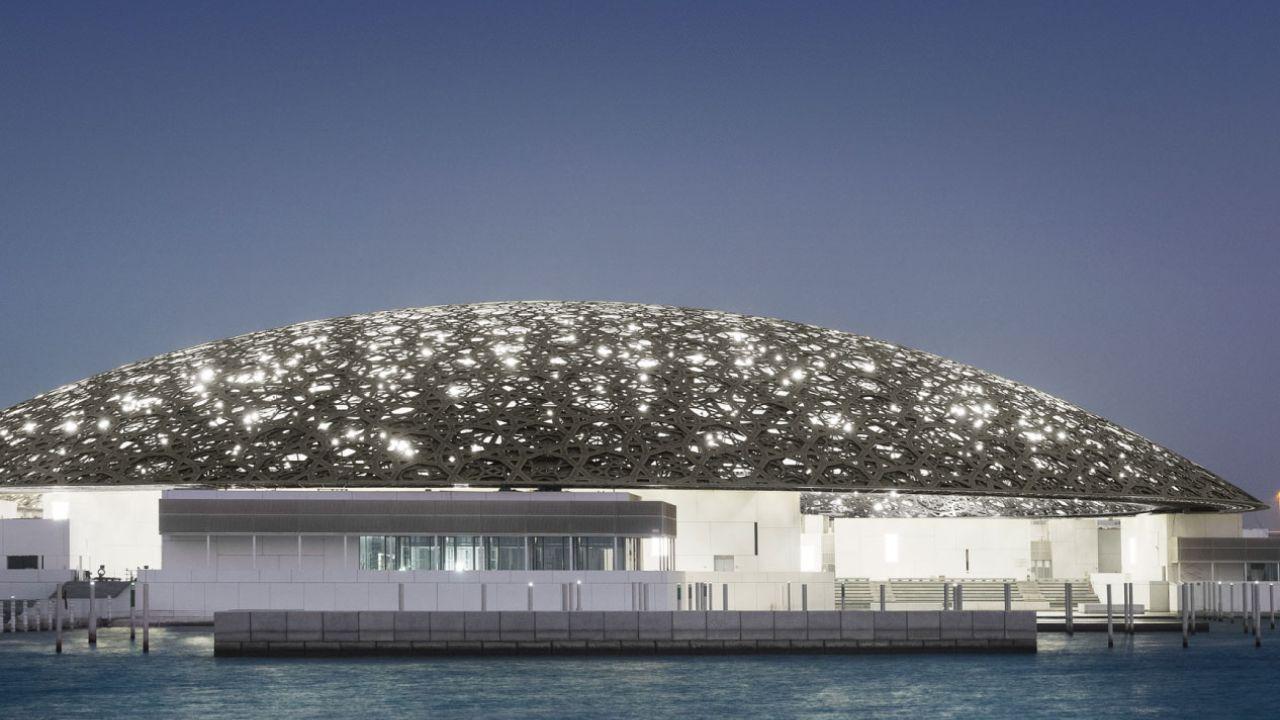 Louvre Abu Dhabi launches 5th Art Here & Richard Mille Art Prize
Louvre Abu Dhabi launches 5th Art Here & Richard Mille Art Prize
Louvre Abu Dhabi's Art Here 2025 explores light, shadow, and shared Gulf-Japan traditions
 Chelsea Crush Southampton, Aston Villa Lose to Crystal Palace in CL Race
Chelsea Crush Southampton, Aston Villa Lose to Crystal Palace in CL Race
Chelsea secured a 3-0 lead in the first half with goals from Nkunku, Neto, and Colwill, marking thei
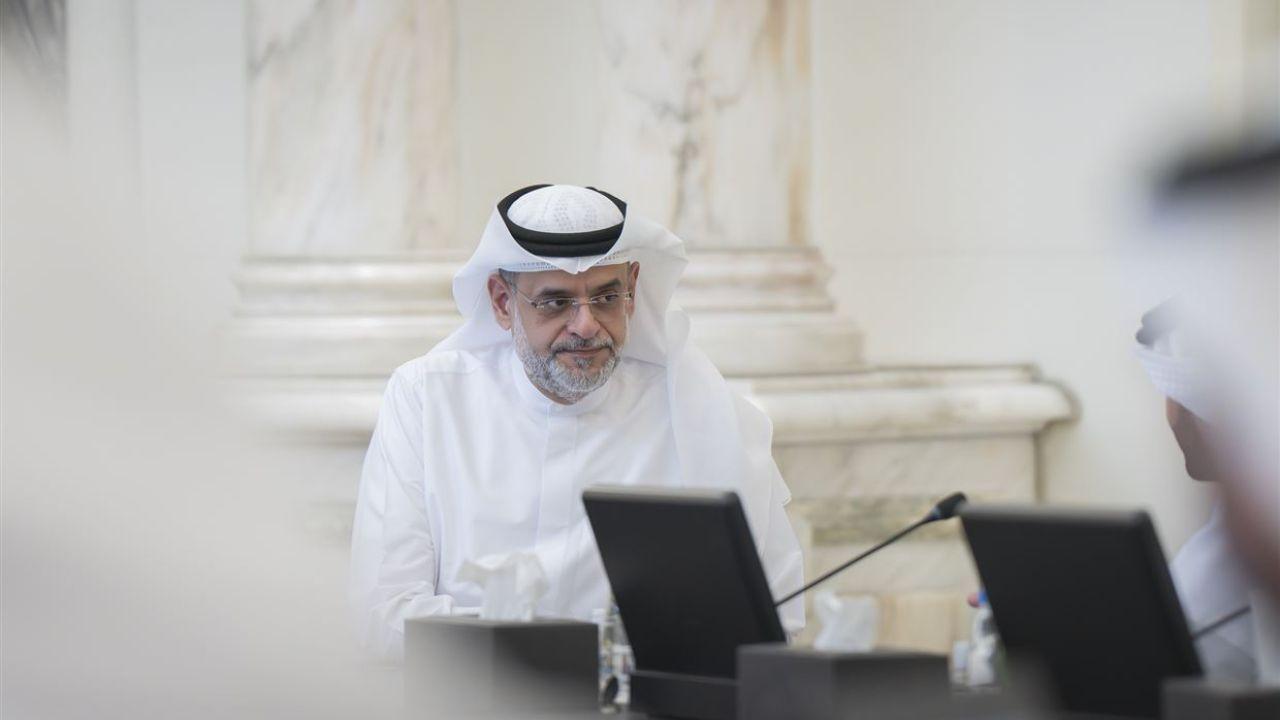 Sharjah Crown Prince presides over Executive Council meeting
Sharjah Crown Prince presides over Executive Council meeting
HH Sheikh Sultan bin Mohammed chaired Sharjah's Executive Council meeting Tuesday
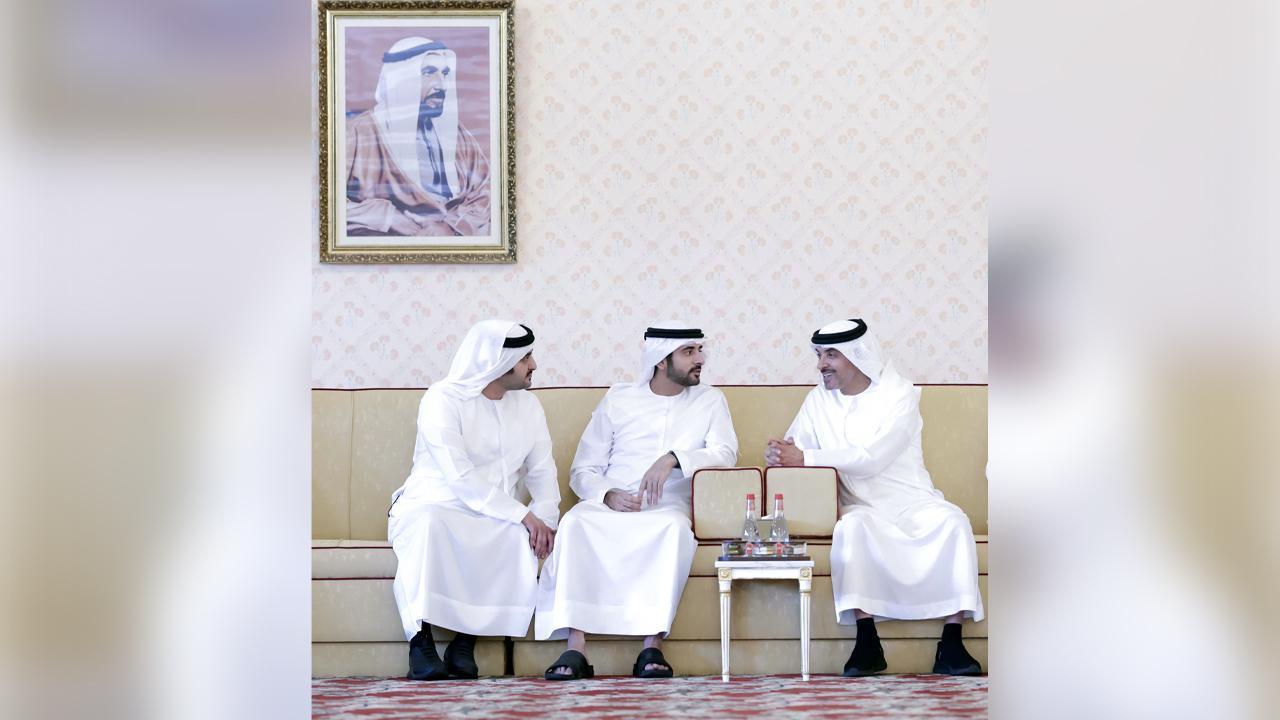 Hamdan bin Mohammed welcomes Hazza bin Zayed during visit to Dubai
Hamdan bin Mohammed welcomes Hazza bin Zayed during visit to Dubai
Sheikh Hamdan met Sheikh Hazza and a delegation at Dubai's Global Investor Summit
Tech Innovations That Will Change the World in 2025

Tech Innovations shaping 2025 to Transform How We Live and Work
How AI and Automation Are Shaping the Future of Work

AI and automation are transforming jobs, boosting efficiency
Andrew Tate leaves Romania for US amid rape and trafficking charges

It is unclear under what terms Tate, a Trump supporter with millions of followers, left Romania
Special Olympics UAE selects athletes for Winter Games Turin 2025
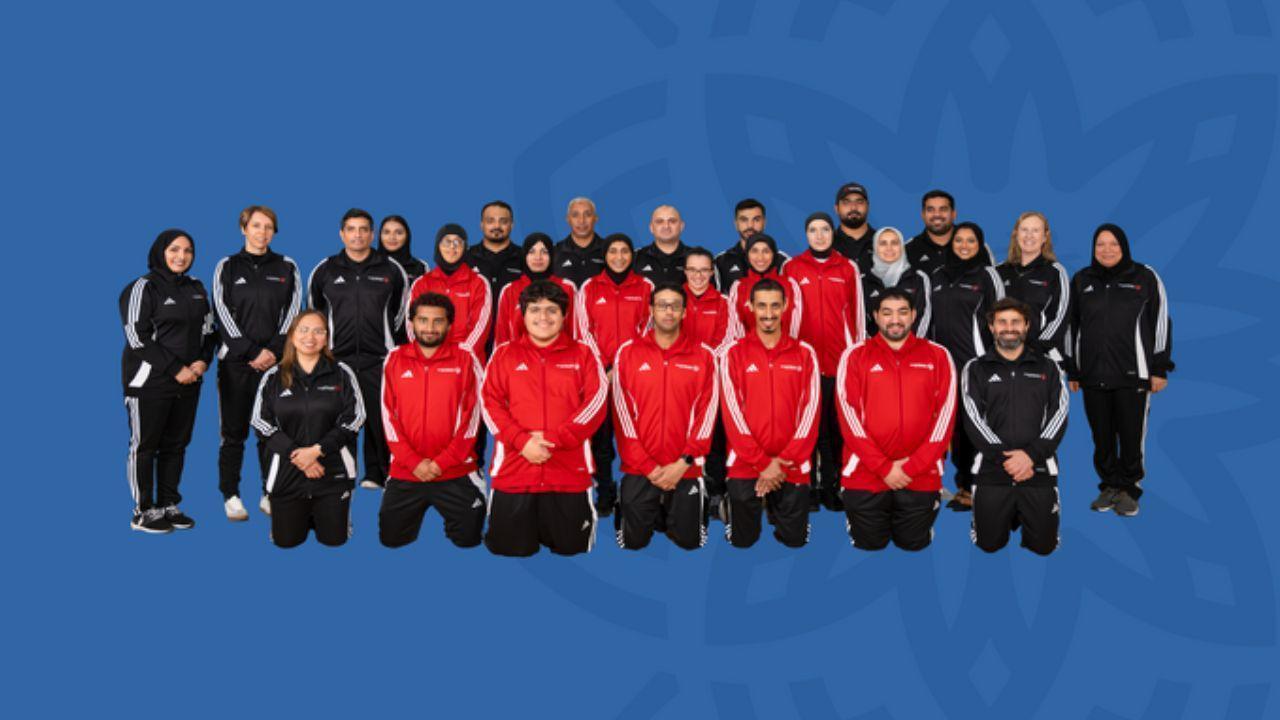
Special Olympics UAE athletes will compete in six sports at Winter Games Turin 2025, making it the largest regional delegation
Top 5 Online Courses for Skill Development and Career Growth

Enhance your Career with Online Courses for Skill Growth
Dubai Economy and Tourism recognises 153 Hotels with Sustainable Tourism Recognition
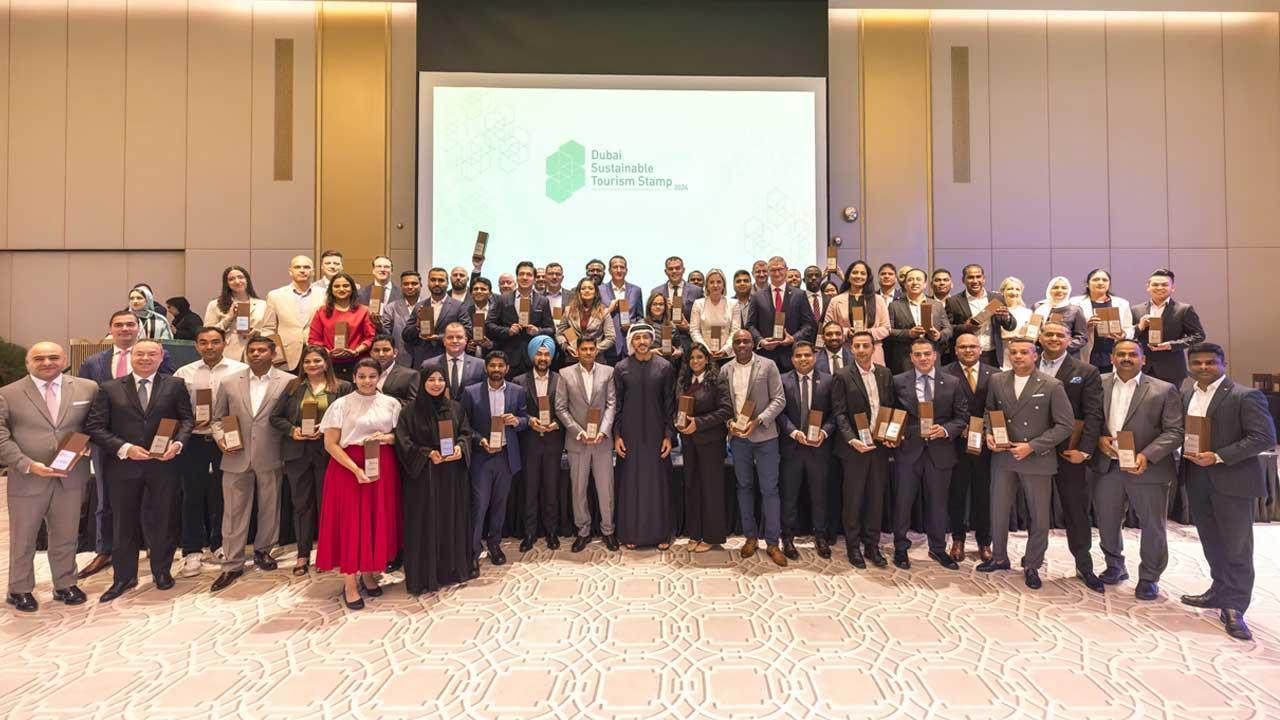
Dubai DET awards 153 hotels with Dubai Sustainable Tourism Stamp in the initiative’s second cycle.
Nvidia reports record $22B profit as AI demand keeps growing fast
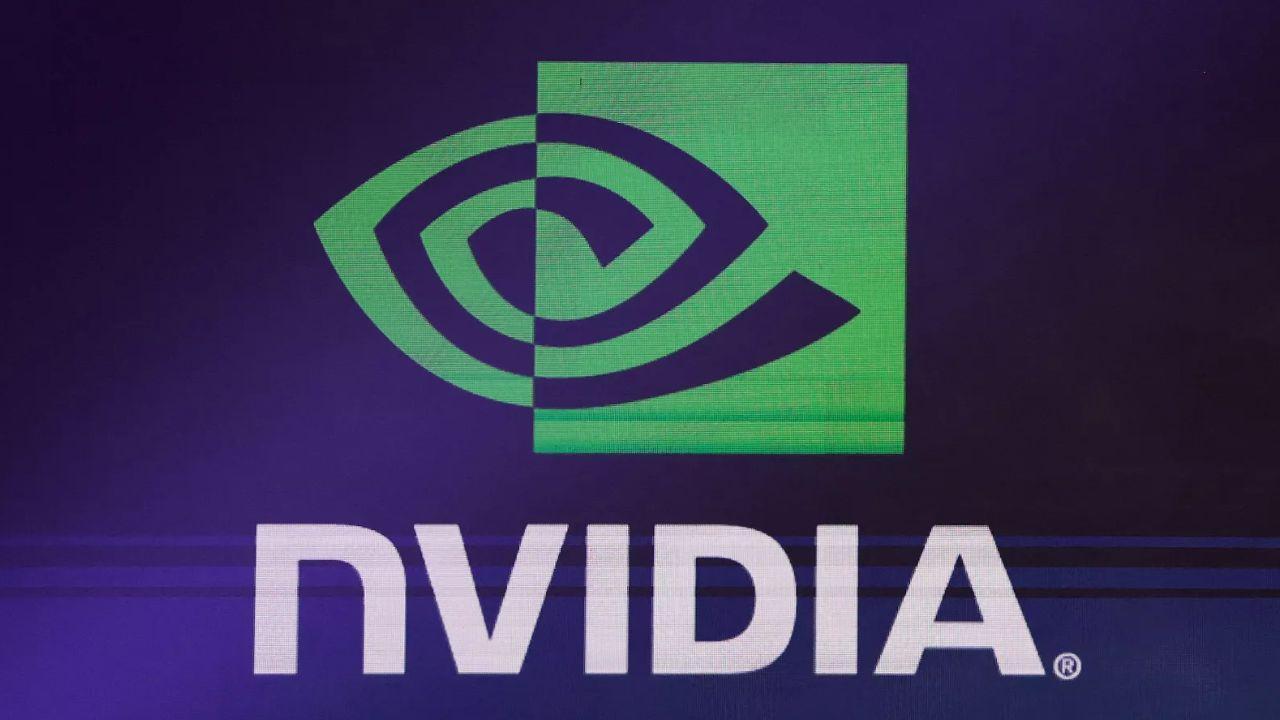
Tech giant Nvidia sees strong growth as Blackwell chip orders boost record $22B profit
GPT-4.5 launch soon? Users notice early hints of new AI update

ChatGPT Pro users will be the first to try OpenAI’s next-gen AI as the company gets ready to launch it
New documentary claims Matthew Perry got 27 ketamine shots before death
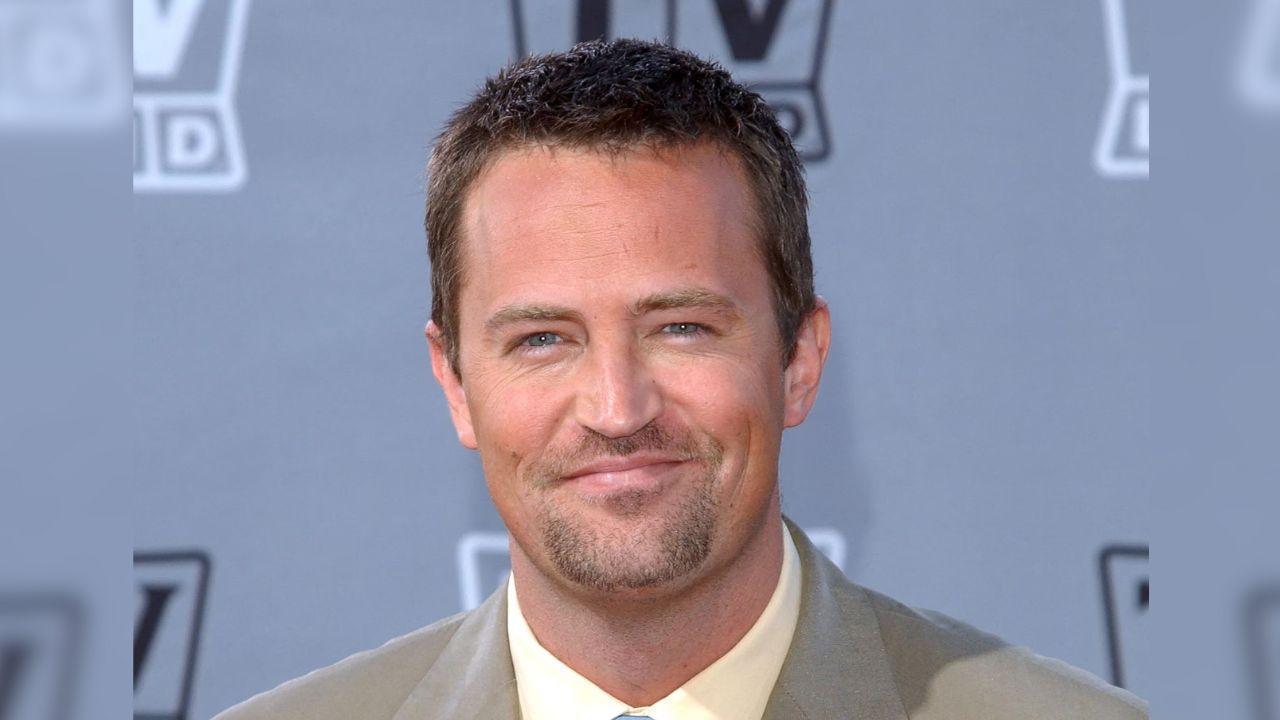
A new documentary claims Matthew Perry received 27 ketamine shots before his tragic passing
3001E, 30 Floor, Aspin Commercial Tower, Sheikh Zayed Road, Dubai, UAE
+971 52 602 2429
info@dxbnewsnetwork.com
© DNN. All Rights Reserved.